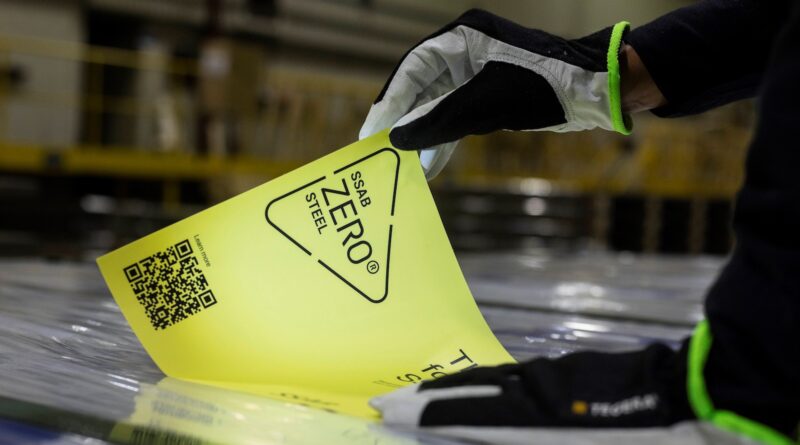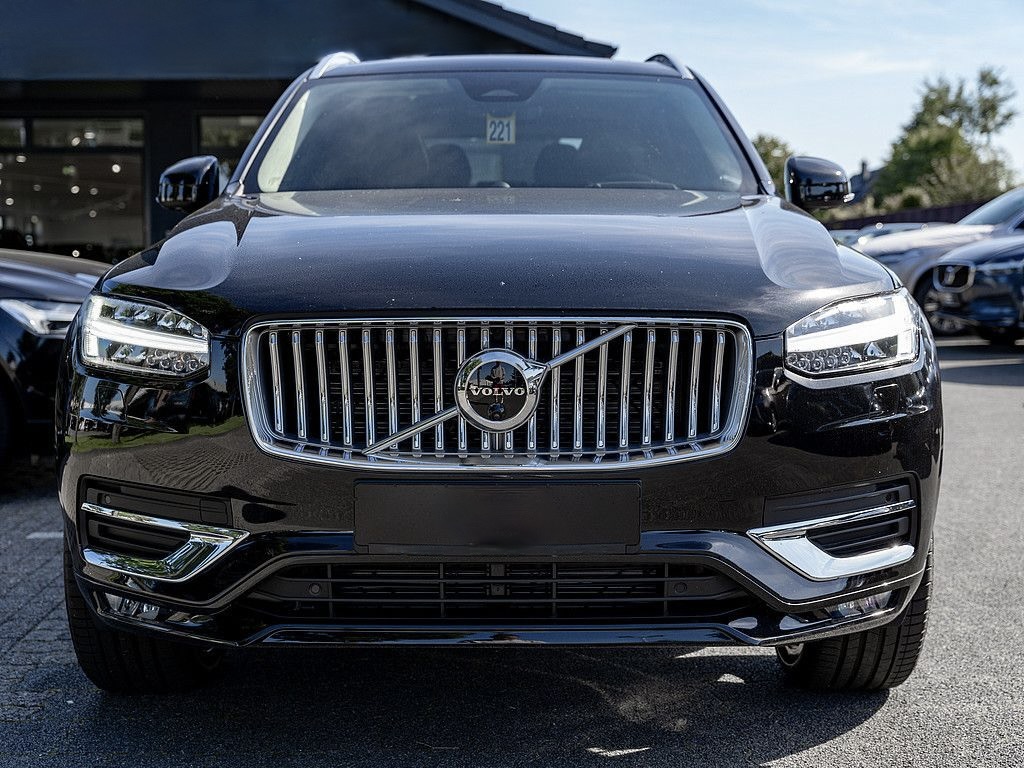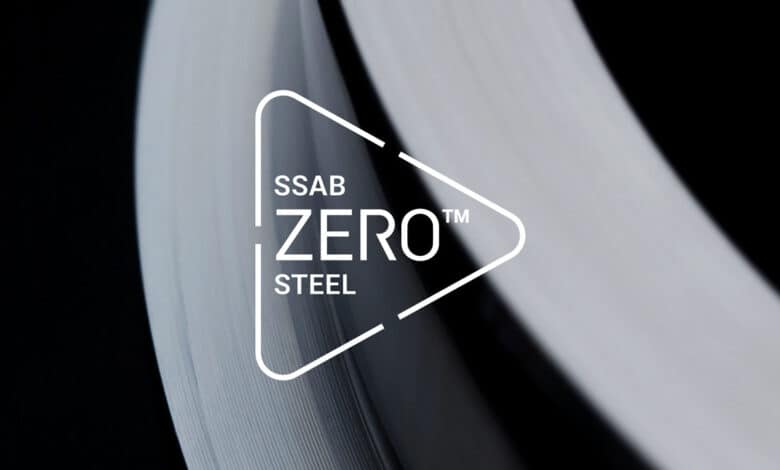
Volvo Cars has entered into a new agreement with Swedish steel manufacturer SSAB to source high-quality, recycled, near zero-emissions steel beginning in 2025. This makes Volvo Cars the first automotive company to secure a supply deal with SSAB for this type of steel for use in serial production.
The agreement builds on the companies' longstanding partnership and reflects their shared commitment to leading the shift toward more sustainable steel solutions.
In line with its circular economy goals, Volvo Cars is not only purchasing recycled and near zero-emissions steel but also contributing to material reuse by selling its scrap steel. This supports a closed-loop system that maximizes material value over time.
The recycled steel will be incorporated into specific parts of the upcoming fully electric EX60 SUV, as well as other models built on Volvo Cars’ next-generation SPA3 architecture. Importantly, this steel meets the same rigorous safety standards for strength and durability as primary steel.
Compared with traditionally produced steel in Europe, SSAB’s recycled steel generates almost 100 per cent less CO₂ emissions in own operations and is made with a recycled content of almost 100 percent. SSAB’s closed loop system recycles scrap steel, significantly reducing CO₂ emissions and keeping materials and natural resources in use for longer.

Volvo Cars is dedicated to an all-electric future and aims to reach net-zero greenhouse gas emissions by 2040. As part of this goal, the company plans to cut CO₂ emissions per vehicle by 65–75 percent by 2030, compared to 2018 levels, through continuous reductions across its entire value chain.
The agreement with SSAB exemplifies this commitment. It also advances Volvo Cars’ circularity objectives, including the target to use an average of 30 percent recycled materials across its vehicle lineup by 2030, and to ensure that all new models launched from 2030 onward contain at least 35 percent recycled or bio-based content.
“Steel is an important material to ensure the safety, strength and durability of our products and traditionally it’s a significant contributor to our carbon emissions,” says Francesca Gamboni. “By signing this agreement, we have taken an important step in reducing the impact on the environment and increase the awareness for using recycled materials within our supplier network.”
“One of the biggest sources of CO₂ emissions in our production process is the steel we use to build our cars, averaging 25 percent of all material-related emissions for a new Volvo car,” says Francesca Gamboni, our chief supply chain and manufacturing officer. “We work towards achieving net-zero greenhouse gas emissions by 2040, and cutting steel-related emissions really has the potential to move the needle.”

Source: media.volvocars.com
